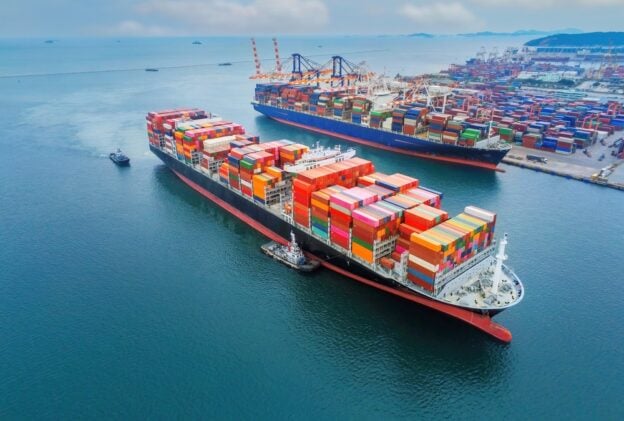
Tuvalu’s main exported goods
Tuvalu, a small island nation in the Pacific Ocean, has a limited economic base, with its primary exports stemming from its marine and agricultural resources. The country faces significant challenges in sustaining its economy due to its remote location, limited natural resources, and vulnerability to climate change. However, Tuvalu has managed to develop a few key export products and services that play a vital role in its economy.
1. Fish and Marine Products
The fishing industry is a cornerstone of Tuvalu’s export economy. The nation’s Exclusive Economic Zone (EEZ), which spans approximately 900,000 square kilometers, is rich in tuna and other fish species. Tuvalu licenses foreign fishing fleets, particularly from countries such as Japan, South Korea, and the United States, to operate in its waters. These license fees generate significant revenue. Although the actual physical export of fish is relatively small, the income derived from licensing contributes indirectly to the economy.
2. Copra
Copra, dried coconut kernel, is one of Tuvalu’s primary agricultural exports. The production of copra provides livelihoods for many Tuvaluans, as coconut trees are abundant on the islands. The copra is processed into coconut oil and other by-products, which are sold to overseas markets, primarily in Asia and Australia. However, the global price fluctuations of copra often affect its profitability.
3. Handicrafts and Local Products
Tuvaluans produce and export traditional handicrafts, such as woven mats, baskets, and jewelry made from shells and other local materials. While the scale of these exports is small, they are symbolic of the nation’s cultural heritage and often sold to tourists or exported to niche markets abroad.
4. Philatelic and Numismatic Products
One unique source of export income for Tuvalu comes from the sale of postage stamps and commemorative coins. These items are highly sought after by collectors worldwide due to their unique designs and limited circulation. Although not a physical export in the traditional sense, the revenues generated from this sector are significant for the country.
5. Marine and Internet Services
Tuvalu has strategically positioned itself in the digital economy by leveraging its internet country code top-level domain, “.tv”. This domain is highly desirable for television and streaming companies worldwide. Licensing fees from companies using the “.tv” domain provide a substantial portion of Tuvalu’s national income, effectively acting as an export service.
6. Seaweed and Agricultural Goods
Tuvalu has experimented with seaweed farming and other agricultural goods for export, although these industries are still in their infancy. Seaweed farming could become a more prominent export in the future, given the global demand for sustainable and eco-friendly products.
Challenges and Opportunities
Tuvalu faces several challenges in expanding its export base, including limited arable land, high transportation costs, and vulnerability to climate change. Rising sea levels and extreme weather events threaten the very existence of the nation, impacting its ability to sustain economic activities. However, Tuvalu has opportunities to expand its digital economy, enhance its fishing industry, and promote eco-tourism to increase revenue.
Conclusion
Tuvalu’s exports are modest in scale but crucial for its economy. Fish and marine products, copra, handicrafts, philatelic items, and internet services represent the main avenues of income generation. By focusing on sustainable practices and leveraging its unique resources, Tuvalu can continue to strengthen its export sectors and ensure economic resilience in the face of significant challenges.



Leave a Reply